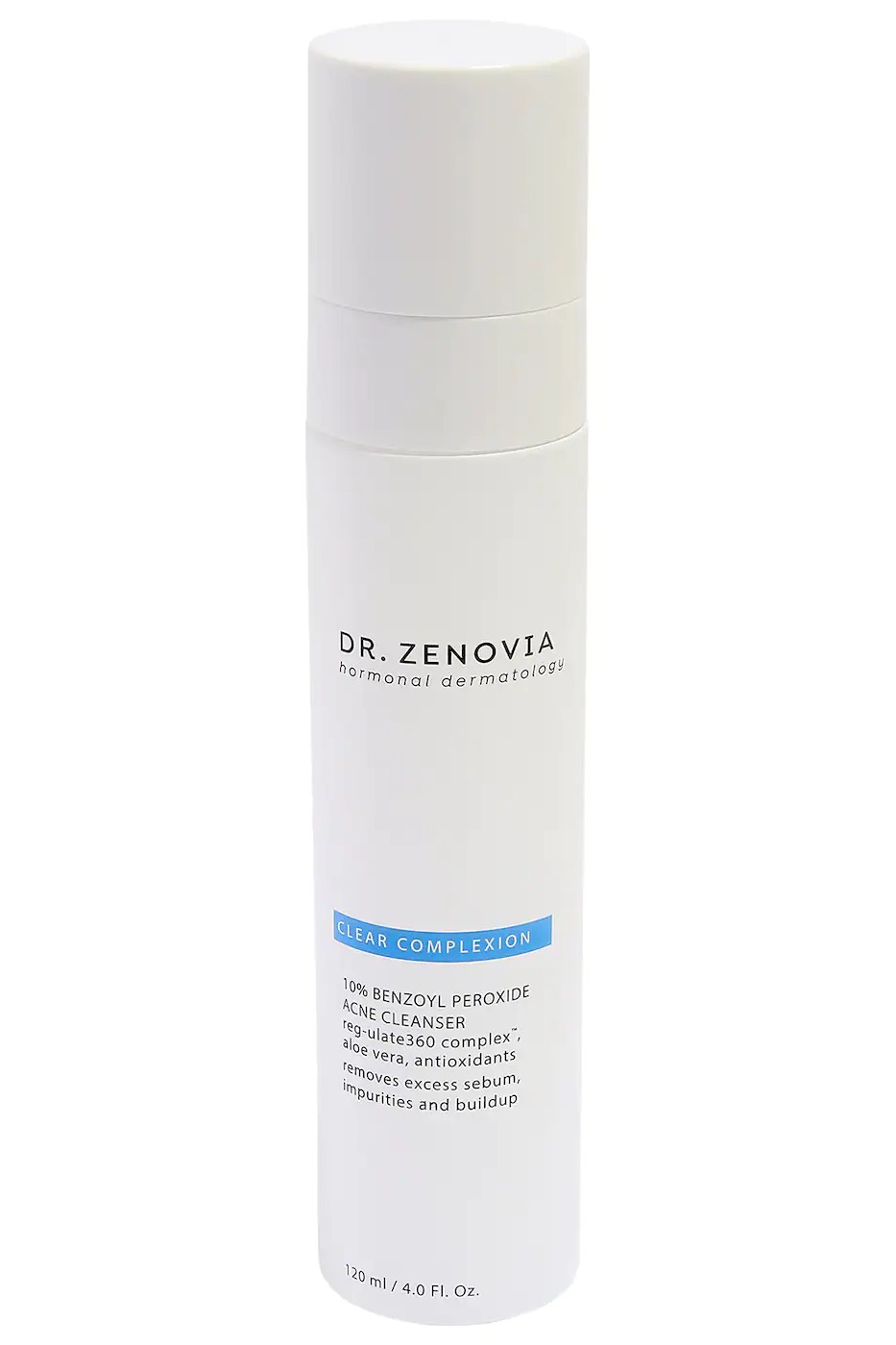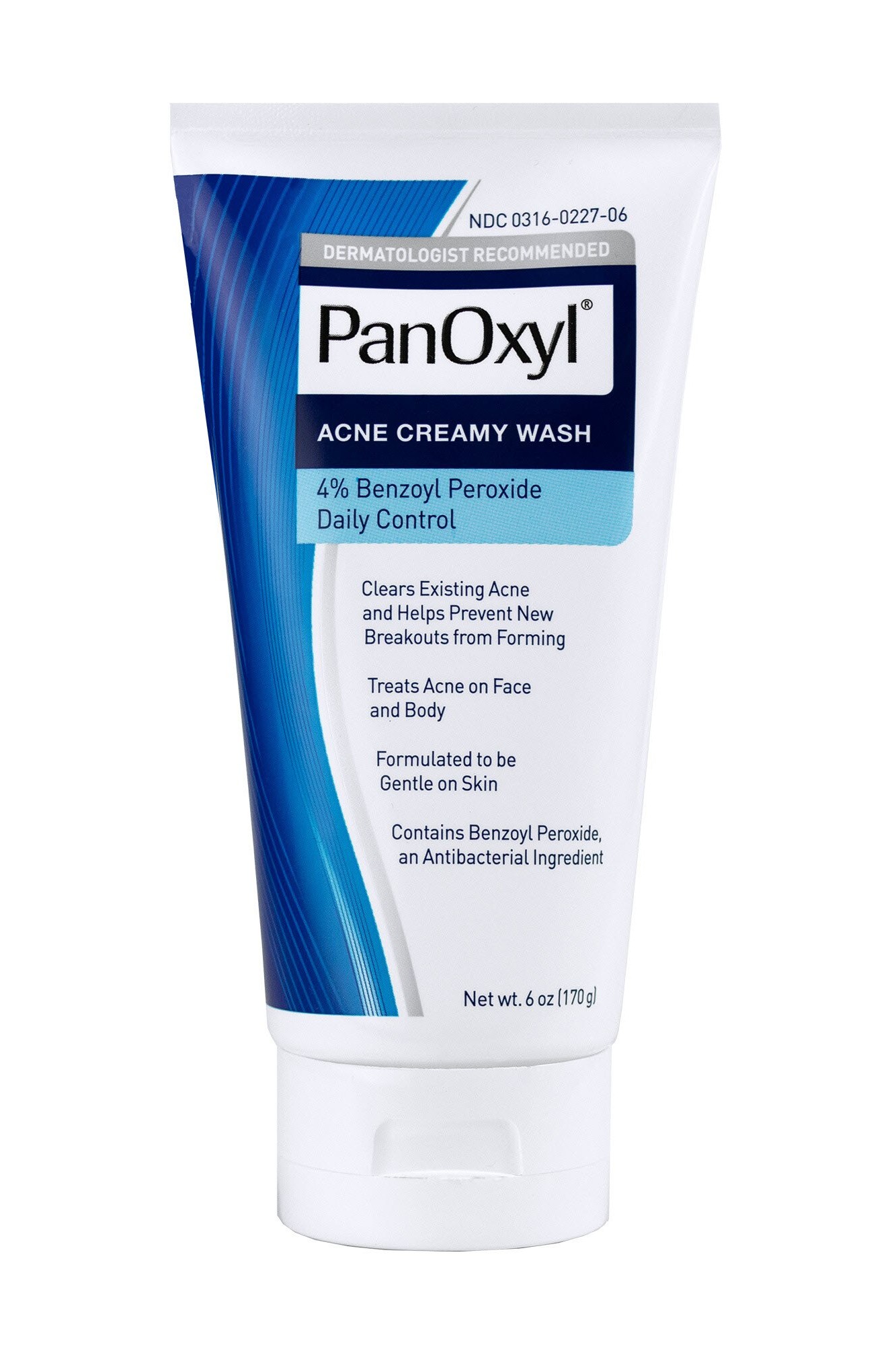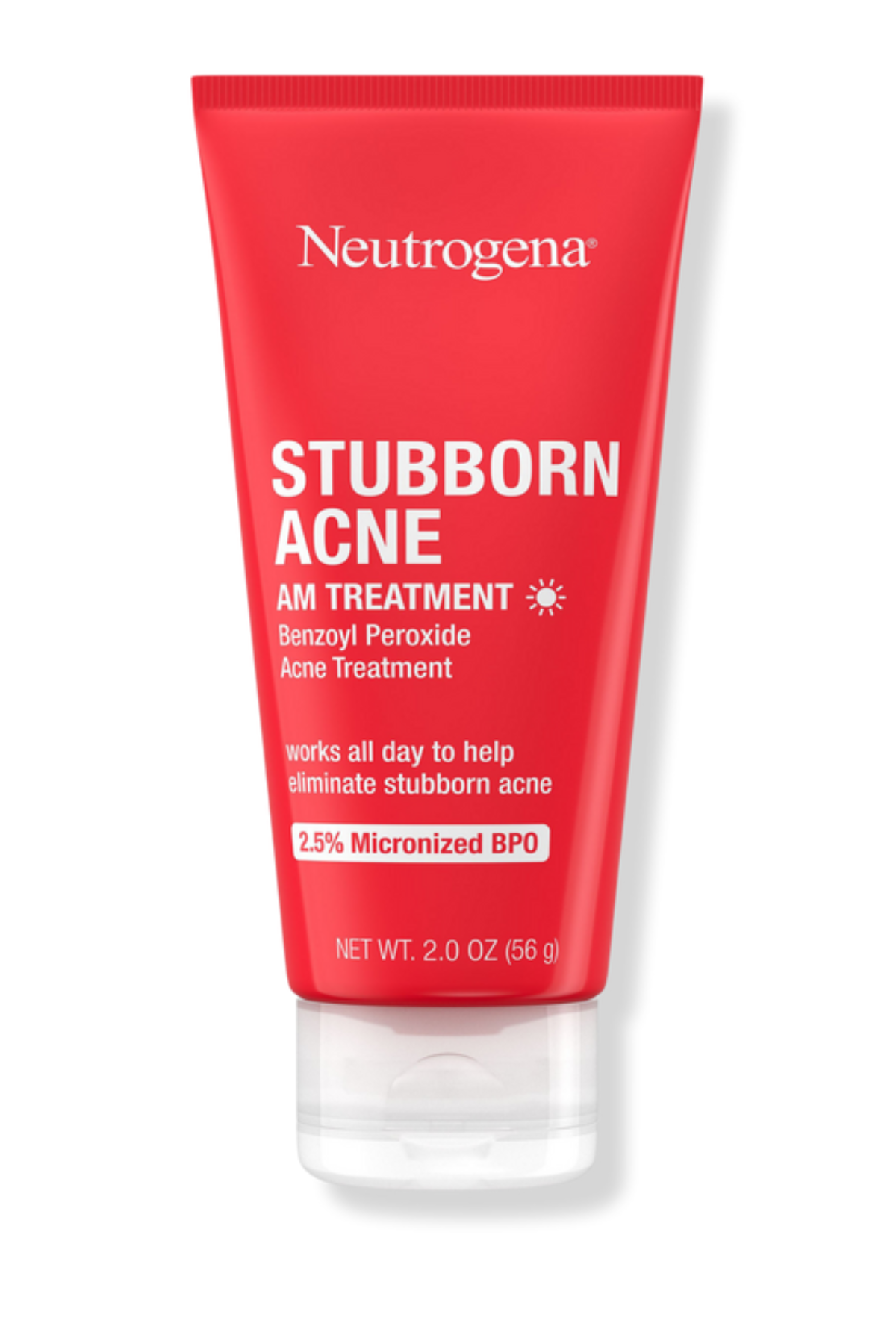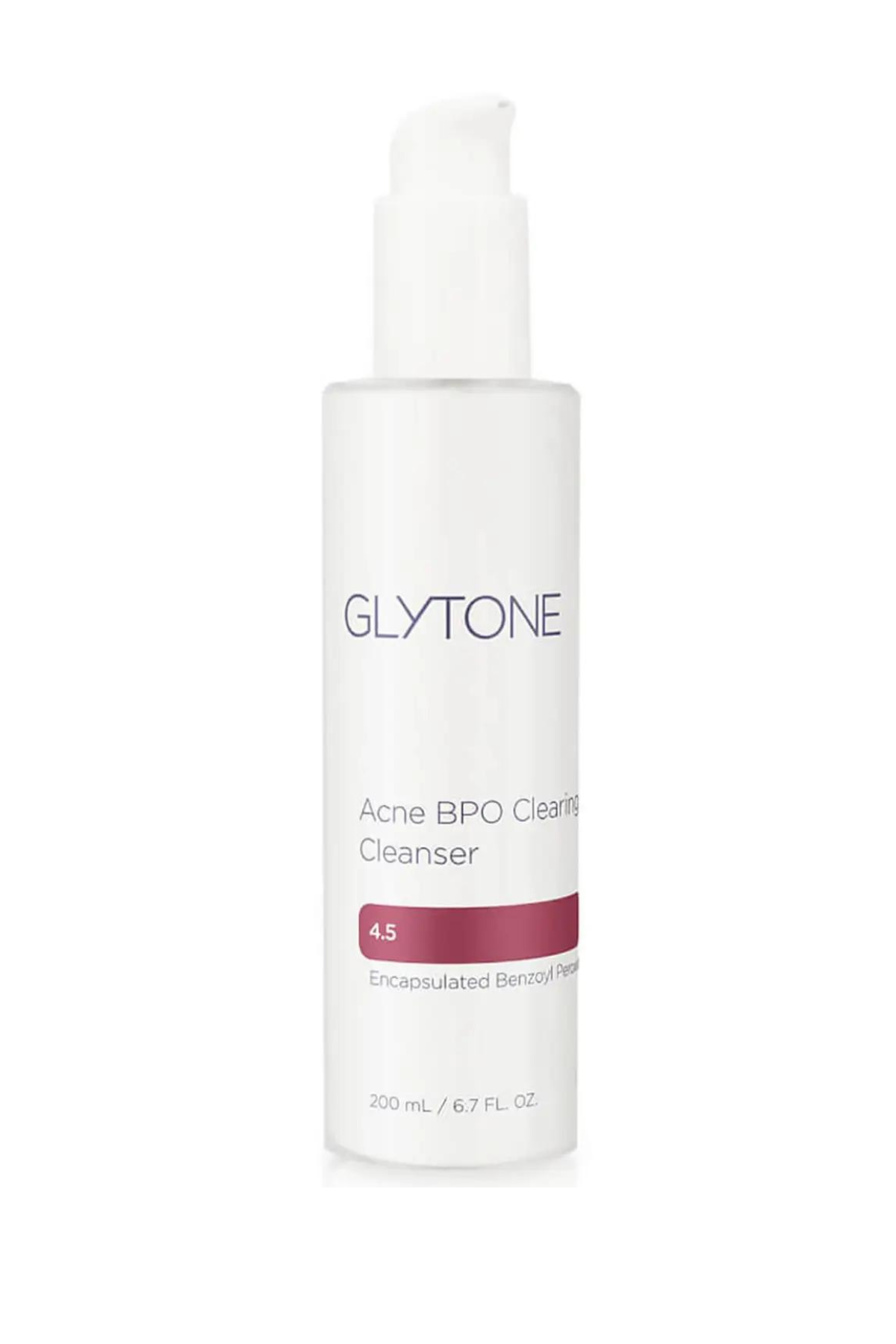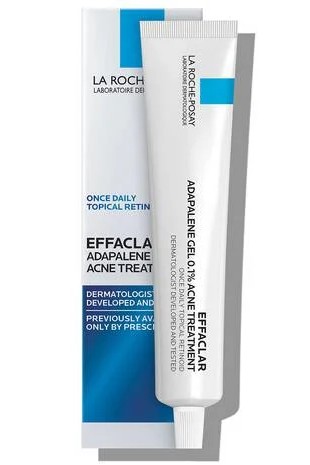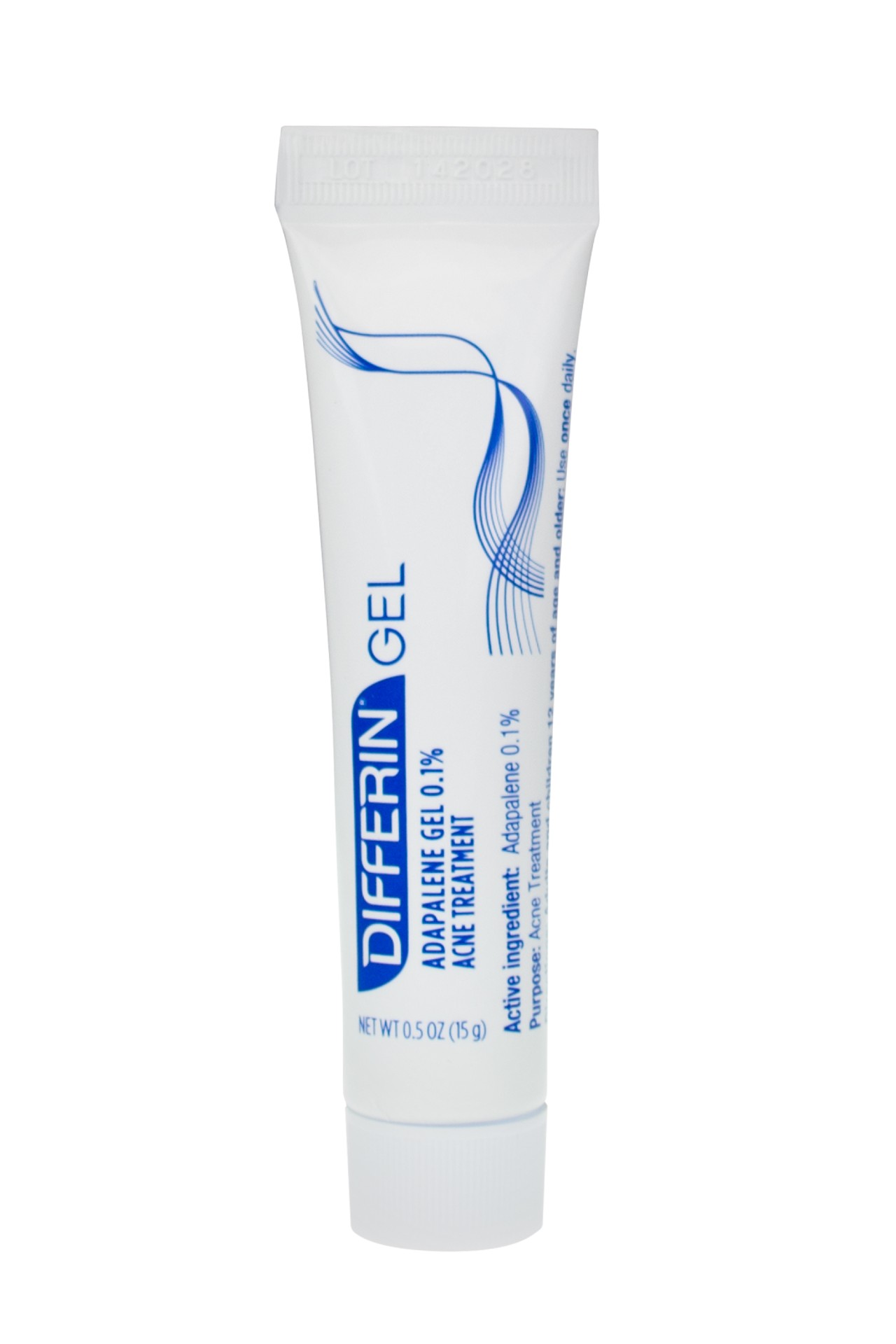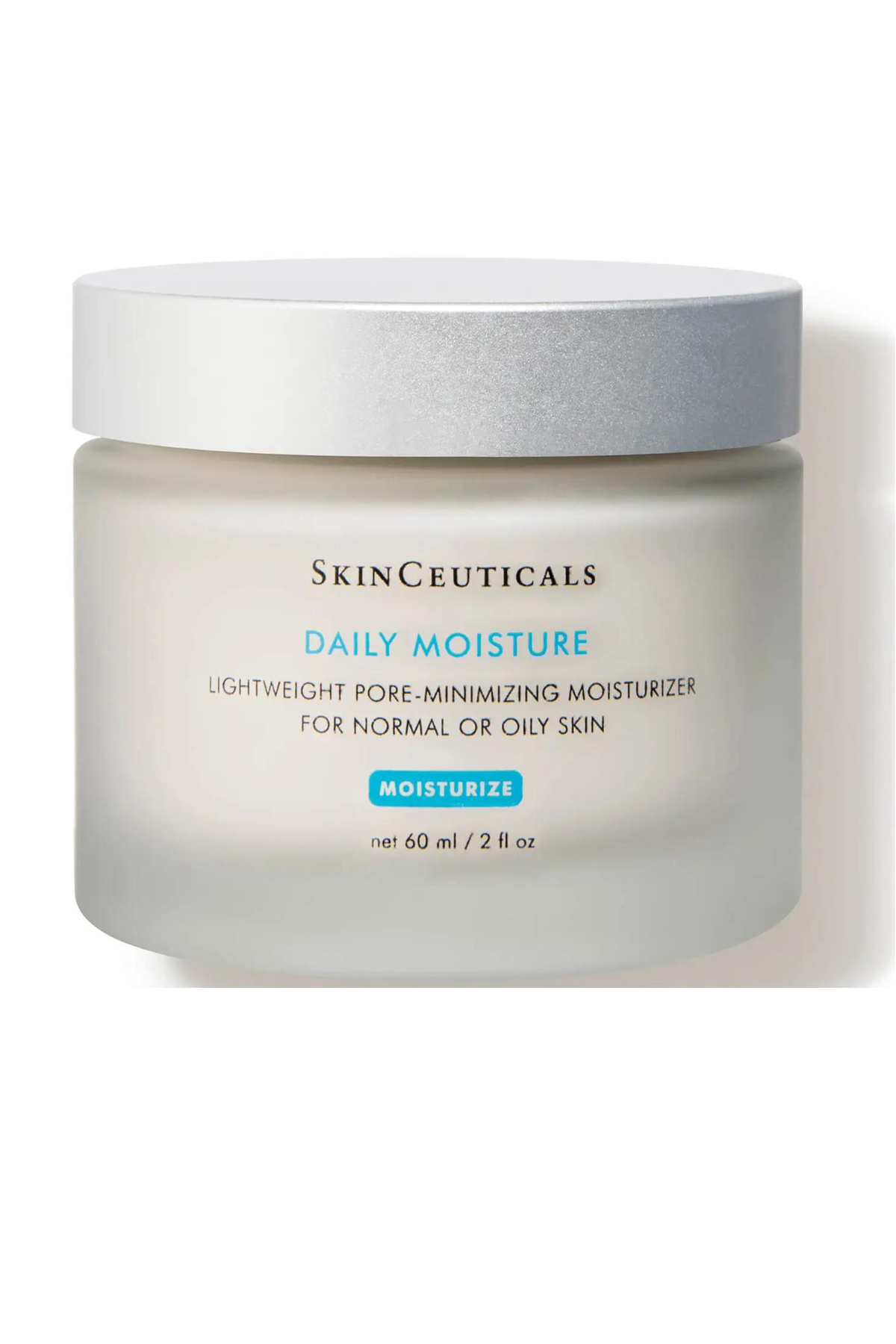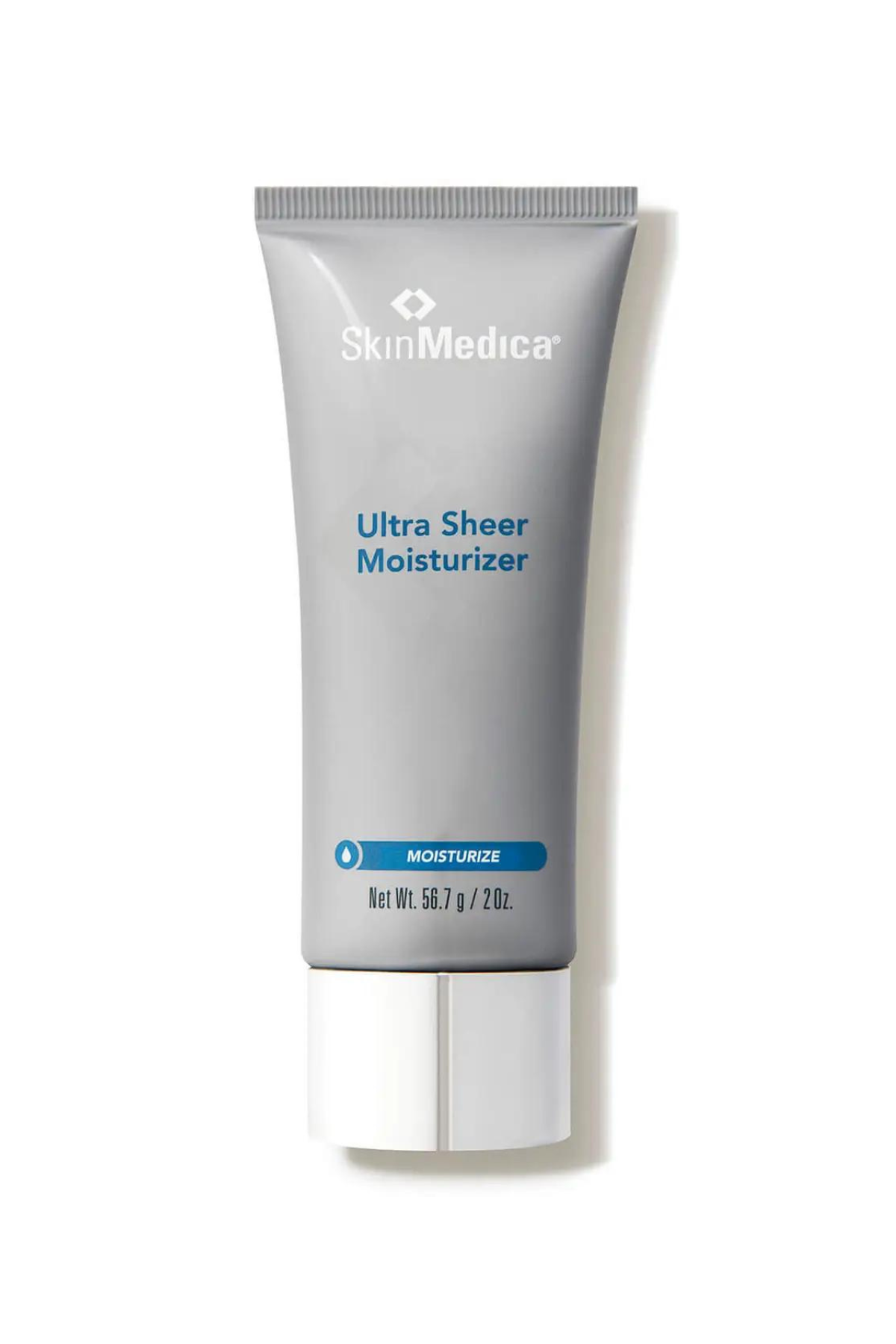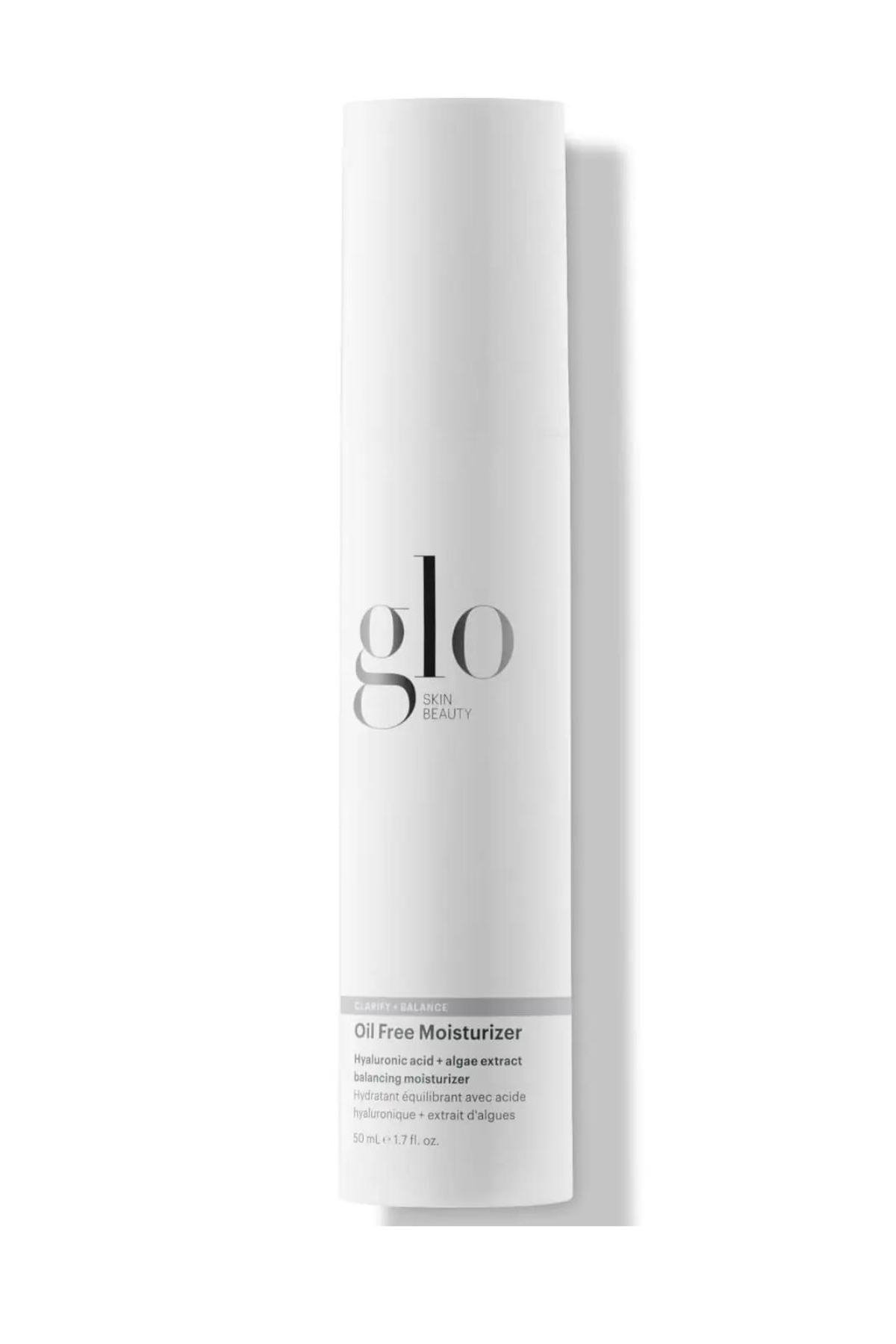How to Treat Chin Acne, According to Dermatologists
Those cysts don’t stand a chance.
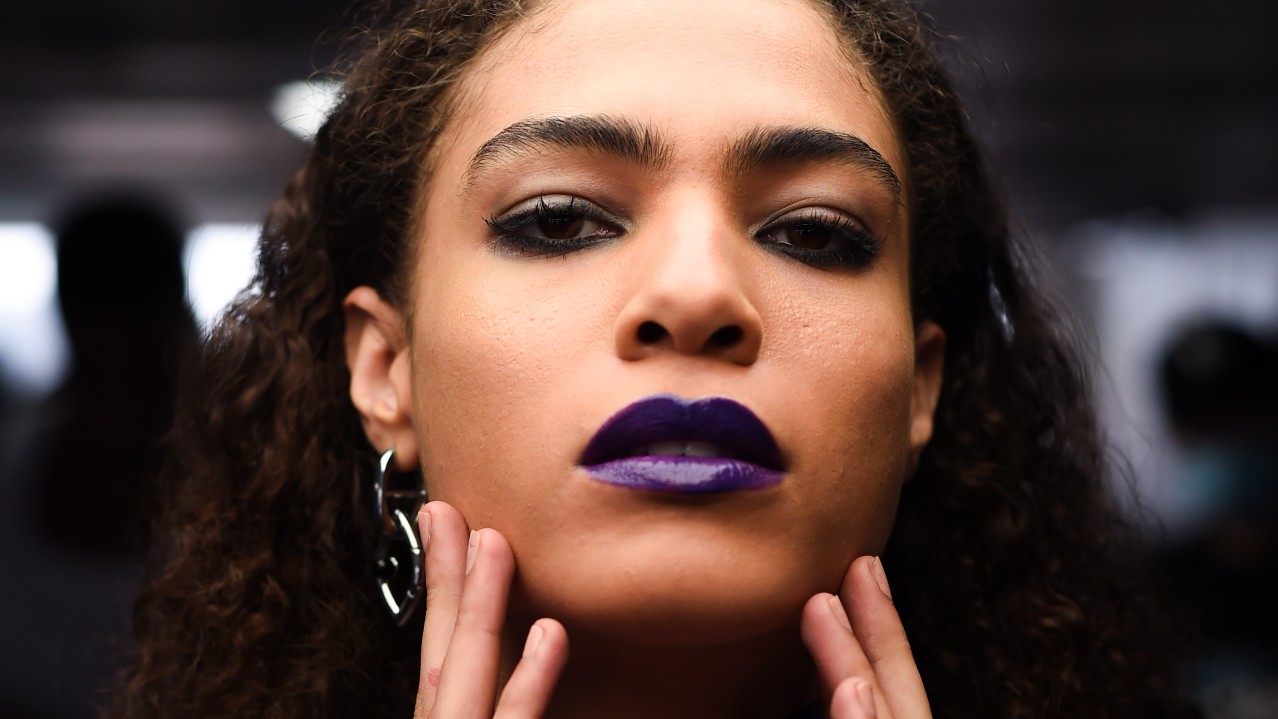
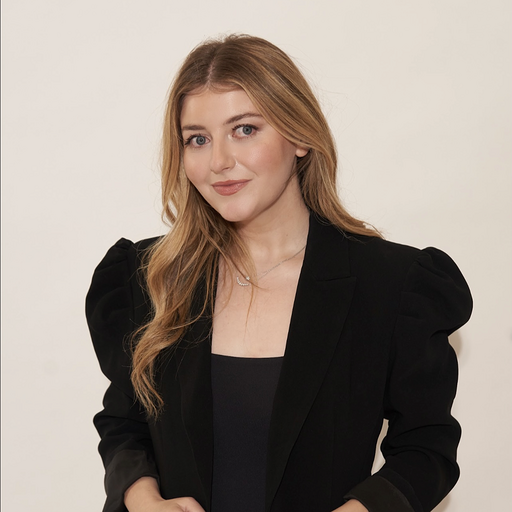
Pimples spare no skin (they can pop up on your neck, your back, and your butt), but more often than not the really nasty ones make a nice and cozy home on your chin and jawline. They hang around way longer than you want, bring loads of inflammation, and are occasionally a bit painful to deal with. To add to the excitement (cue the sarcasm), pimples on the chin can be extra stubborn—they don’t always respond to a pimple patch or spot treatment. But with the right treatment and a solid skincare lineup, getting rid of chin acne and managing future breakouts is *very* doable.
More often than not, treating chin acne requires the tender love and care of a dermatologist (more on why in a bit). As such, we tapped Dr. Zenovia Gregory, board-certified dermatologist and founder of Dr. Zenovia Hormonal Dermatology, and Dr. Kenneth Howe, board-certified dermatologist at Union Square Dermatology, to help us break down everything you can—and should—do if you want to treat chin acne.
What Is Chin Acne?
At a base level, chin acne is acne (be it whiteheads, blackheads, or inflamed blemishes) on your chin—pretty self explanatory. But the reason we’ve dedicated a whole story to it is because it’s sooooo common. The chin has loads of sebaceous glands (a.k.a. oil producing glands) making it a very acne-prone area. “The hair follicles on our knees have only one sebaceous gland attached to each follicle, but on your chin you have nearly 20 sebaceous glands attached to each follicle,” says Dr. Zenovia. “It’s this density that leads to pimples.”
It’s also possible that the bumps on your chin aren’t actually acne at all—but something else entirely. “Rosacea is common on the chin. It’s different than acne because it’s caused by broken blood vessels and inflammation,” says Dr. Zenovia. “It’s characterized by an acne-like appearance which looks like a rash and some isolated pustules.” Treatment for rosacea will differ from treatment for chin acne, so confirm with a board-certified dermatologist that you have the right diagnosis.
What Causes Chin Acne?
While the high concentration of oil glands is the main culprit, chin acne is commonly associated with hormonal fluctuations in teen and adult women. Dr. Howe explains that if you notice angry, cystic pimples creeping up on the lower third of your face the week prior to your menstrual cycle, you’re likely dealing with hormonal acne.
But, that’s not always the case; you can have chin acne that does not sync with your menstrual cycle. “Not all chin acne is hormonal. I see plenty of athletes who break out because of their face guard. This sweat and occlusion leads to irritation and inflammation that causes acne,” he explains. The same logic applies to breakouts caused by medical or cloth face mask, aka maskne, which has become increasingly popular since the onset of COVID-19.
How to Treat Chin Acne
“Chin acne is no different than all other acne as it is caused by the known trifecta: clogged pores, which leads to bacterial overgrowth, which leads to inflammation. This entire process is stimulated by hormone fluctuations,” says Dr. Zenovia. “The goal is to address all of these factors.” Here, we’re breaking down exactly how to treat chin acne, from habits to avoid to the best skincare products to use.
Stay In The Know
Get exclusive access to fashion and beauty trends, hot-off-the-press celebrity news, and more.
Don’t Lean on Your Chin
“The biggest bad habit to break is leaning on your chin—the classic ‘thinker’ pose, with chin propped on the fist,” says Dr. Howe. “That kind of close contact and pressure pushes the hair follicles closer to occlusion.” So do your best to keep your hands off your face. At a bare minimum, make sure your hands are as clean as humanly possible. Wash them often and make a conscious effort to sanitize so you don’t introduce bacteria.
Brush Your Teeth Before Cleansing
It might feel more natural to wait to brush your teeth until after you wash your face, but if you’re struggling with chin acne the derms recommend flipping the order. Some ingredients in toothpaste (read: sodium lauryl sulfate) can make the skin more prone to breakouts and cause irritation.
Avoid Using Too Many Harsh Ingredients
While some active ingredients (read: benzoyl peroxide, adapalene) are useful in treating chin acne, the last thing you want to do is throw everything but the kitchen sink at your face—it’s only going to irritate the area. “Avoid harsh ingredients and scrubs,” advises Dr. Zenovia. “The chin is very sensitive in general and it is close to the mouth, which is more delicate.”
Try a Benzoyl Peroxide Face Wash
Washing your face and taking off every last, little bit of makeup should be a given. If you’re contemplating which face wash to grab at the store, Dr. Zenovia says one with benzoyl peroxide is best as it has antibacterial properties. While 10 percent is going to be the most effective, Dr. Howe recommends a five percent formula for anyone with sensitive skin.
Incorporate a Retinoid
While there’s a lot to unpack about retinol, we’ll keep things top level. In addition to their anti-aging and skin-brightening benefits, retinoids can help prevent acne from forming. “It’s a vitamin-A derived product that gets in deep to prevent plugs from forming, which is the first step in acne development,” says Dr. Howe. You can get a prescription-strength formula from your dermatologist or buy adapalene gel over-the-counter.
Use an Oil-Free Moisturizer
Because the above two steps can contribute to dryness and irritation, it’s extra important to make sure your skin has enough hydration via a moisturizer designed for acne-prone skin. Dr. Zenovia recommends reaching for an oil-free, non-comedogenic formula that hydrates your skin without contributing to acne.
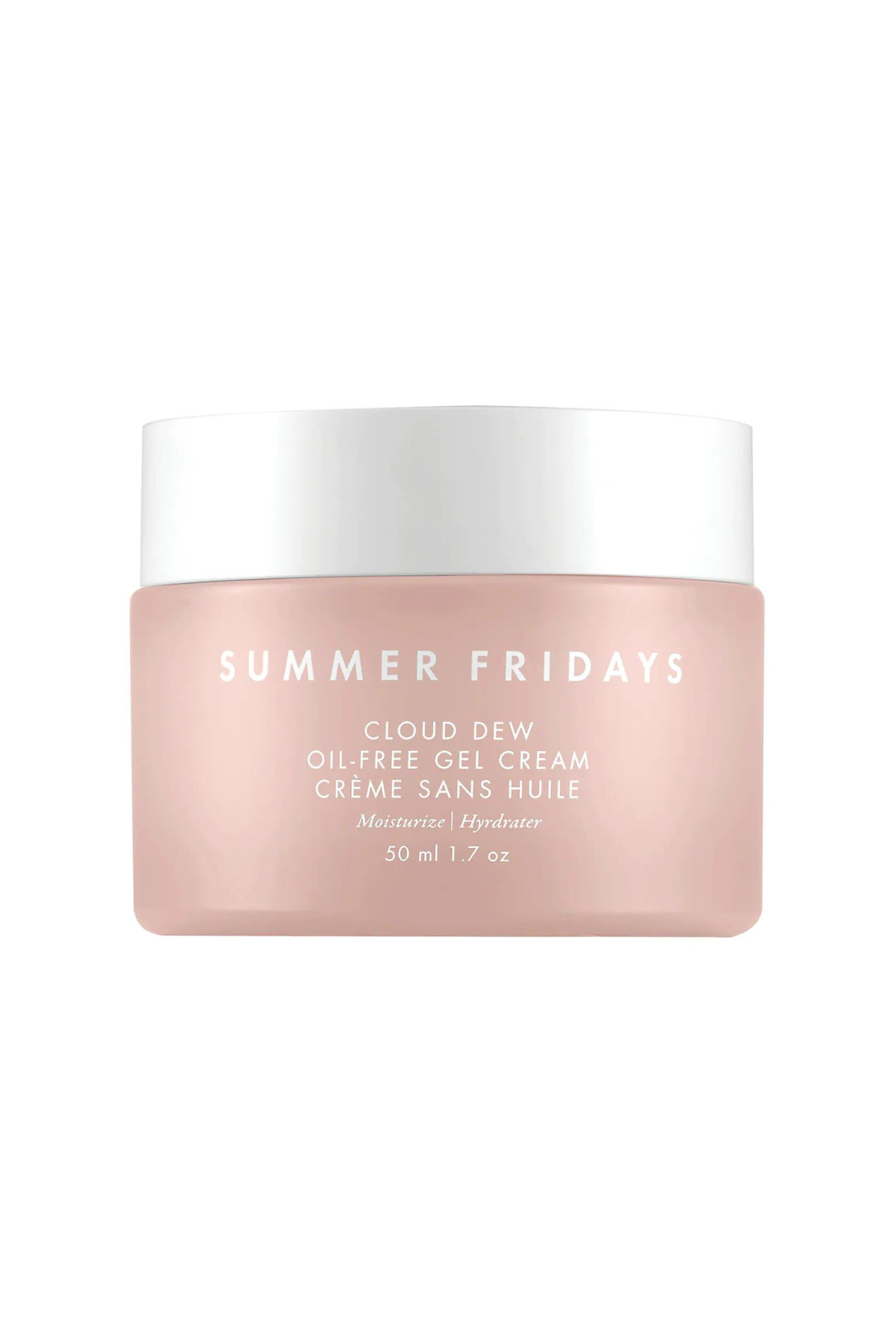
See a Dermatologist for Oral Medication
Mild acne can likely be treated at-home with over-the-counter products from the drugstore or Sephora, but more moderate, severe, or chronic acne will need a helping hand from the dermatologist. “It’s time to go to the derm when your chin keeps breaking out, if it happens more than two weeks in a row, or if the pimples are deep and inflamed,” says Dr. Howe.
If you’re dealing with hormonal acne specifically, an oral medication that blocks hormones is likely necessary to keep things under control. Your doctor may prescribe birth control, oral antibiotics, a drug called Spironolactone, or put you on Accutane, depending on your situation.
Get a Cortisone Shot
This is only going to be an option for cystic acne—it’s not an option for blackheads, whiteheads, or smaller papules and pustules. That being said, a cortisone shot is an easy way to shrink your cyst pimple overnight. “It’s a great way to flush out an inflamed, clogged hair follicle and decrease the inflammatory response right at the pimple,” says Dr. Zenovia. “The shot also helps to prevent scarring and the purple and red discoloration from developing,” adds Dr. Howe.
While this is a great option, it’s important to make sure that you’re going to a well-trained provider. If the cortisone is injected too deep, the skin can “atrophy” and you’ll be left with an indentation. The dent will be temporary, but it’s easily avoidable.
Meet the Experts

As a cosmetic dermatologist, Dr. Howe is known for his light touch. He believes that smaller, earlier interventions allow patients to maintain a youthful appearance while at the same time preventing or slowing further aging. Beyond aesthetic dermatology, Dr. Howe cares for a variety of medical skin conditions, with a particular emphasis on the early detection and treatment of skin cancer and the diagnosis and management of hair loss and acne. In the treatment of pattern hair loss, Dr. Howe has had great success using PRP (platelet rich plasma) and microneedling. Dr. Howe has authored two chapters in a widely-used dermatology textbook, a Photo Guide of Common Skin Disorders (Lippincott Williams & Wilkins 2003) as well as numerous medical articles in Dermatologic Surgery, Journal of American Academy of Dermatology, International Journal of Dermatology, Dermapathology and Cutis. Dr. Howe has been a featured panelist at the American Academy of Dermatology and has lectured before the American Society of Dermatologic Surgery, the American Society of Dermatopathology, the New York Academy of Medicine, and the Pediatric Dermatologic Society. He has also served on the Advisory Board for LUBRIDERM®.
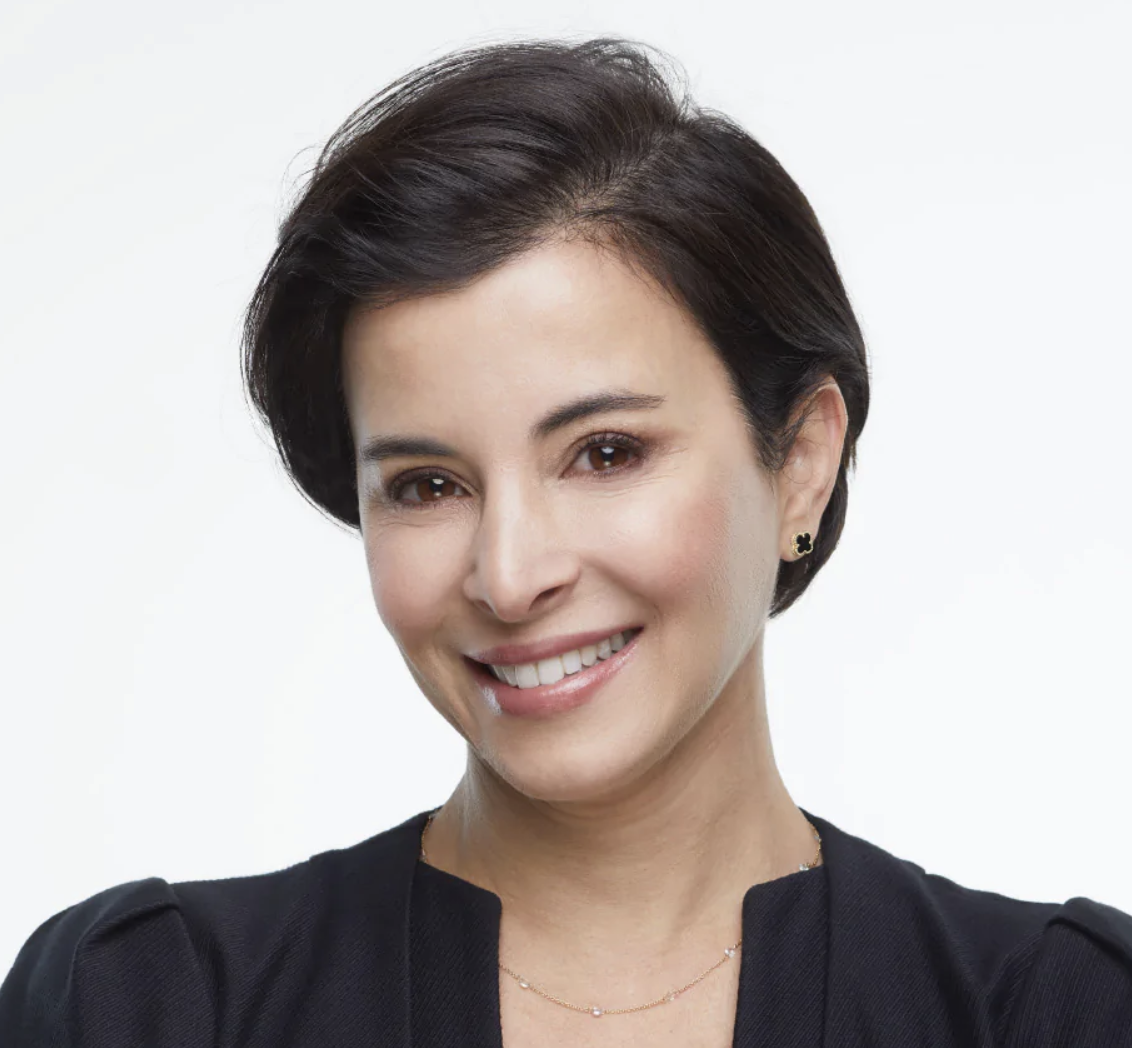
Internationally distinguished board-certified Dermatologist and hormonal skin expert, Dr. Zenovia is committed to researching and developing innovative methods to combat leading skin issues from a 360 holistic perspective, including hormonal balance for healthier skin at every stage of life. With nearly 15 years of extensive integrated experience in medical dermatology, surgical dermatology, Mohs Micrographic Surgery and aesthetic treatments, Dr. Zenovia is renowned for her “deeper than skin” philosophy that addresses the root cause of symptoms. Her unique hormonal dermatology expertise allows her to examine the structure, function, and physiology of skin at the biochemical level to achieve maximum results. Dr. Zenovia is also Founder and Head Dermatologist of ZENA Medical in Newport Beach, CA where she is highly sought-after amongst her high-profile clientele for her natural, “just under-done” cosmetic artistry.

Samantha Holender is the Senior Beauty Editor at Marie Claire, where she reports on the best new launches, dives into the science behind skincare, and shares the breakdown on the latest and greatest trends in the beauty space. She's studied up on every ingredient you'll find on INCI list and is constantly in search of the world's glowiest makeup products. She's constantly tracking the biggest nail and hair trends to pop up in the beauty space, going backstage during fashion weeks, tracking celebrity looks, and constantly talking to celebrity hair stylists, nail artists, and makeup artists. Prior to joining the team, she worked as Us Weekly’s Beauty and Style Editor, where she stayed on the pulse of pop culture and broke down celebrity beauty routines, hair transformations, and red carpet looks. Her words have also appeared on Popsugar, Makeup.com, Skincare.com, Delish.com, and Philadelphia Wedding. Samantha also serves as a board member for the American Society of Magazine Editors (ASME). She first joined the organization in 2018, when she worked as an editorial intern at Food Network Magazine and Pioneer Woman Magazine. Samantha has a degree in Journalism and Mass Communications from The George Washington University’s School of Media and Public Affairs. While at GWU, she was a founding member of the school’s HerCampus chapter and served as its President for four years. When she’s not deep in the beauty closet or swatching eyeshadows, you can find her obsessing over Real Housewives and all things Bravo. Keep up with her on Instagram @samholender.
-
 Tyla's Coachella Outfit Pairs Dolce & Gabbana With Pandora
Tyla's Coachella Outfit Pairs Dolce & Gabbana With PandoraThe singer wore a gold version of the crystal bra made famous by Aaliyah.
By Amy Mackelden Published
-
 How Kate Middleton Is Influencing George's Fashion Choices
How Kate Middleton Is Influencing George's Fashion ChoicesThe future king's smart blazer is straight out of Princess Kate's style playbook.
By Amy Mackelden Published
-
 King Charles "Couldn't" Meet Prince Harry During U.K. Visit
King Charles "Couldn't" Meet Prince Harry During U.K. Visit"It could actually bring down a court case."
By Amy Mackelden Published
